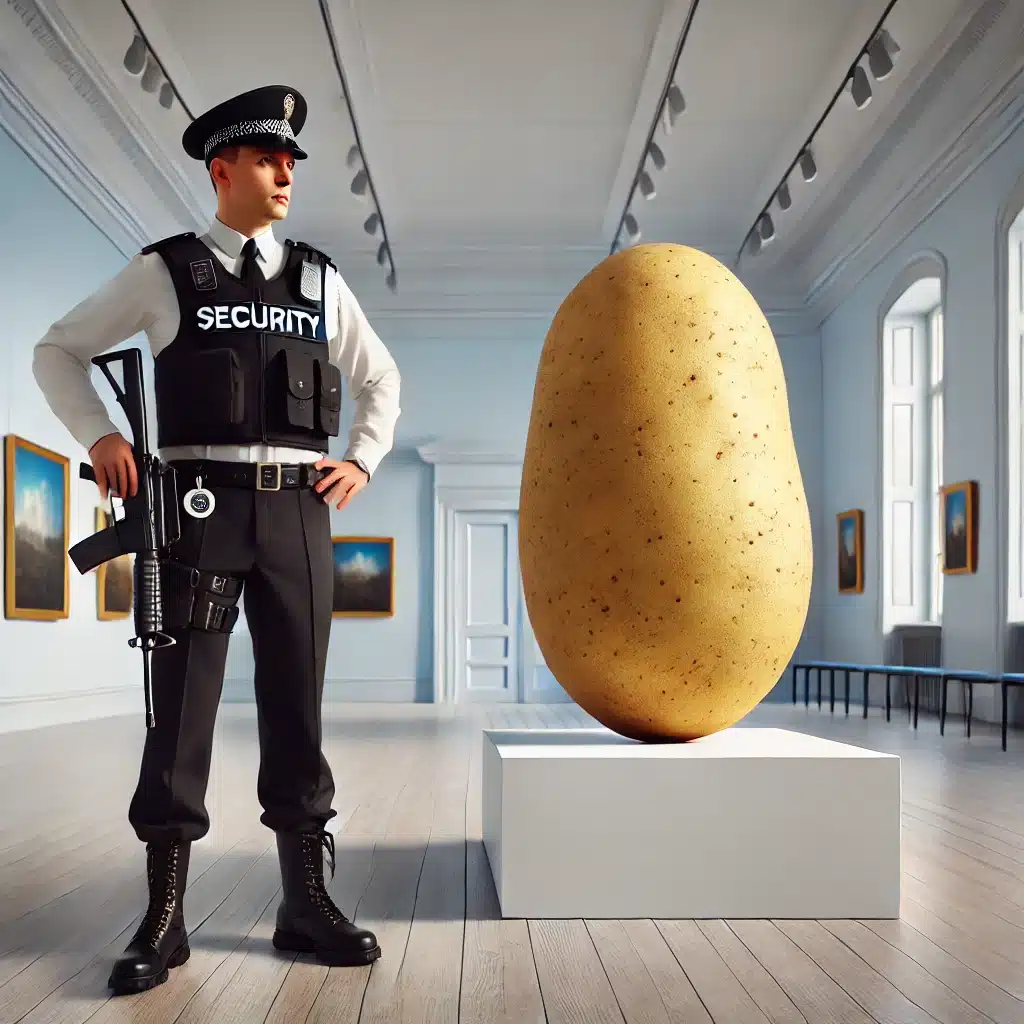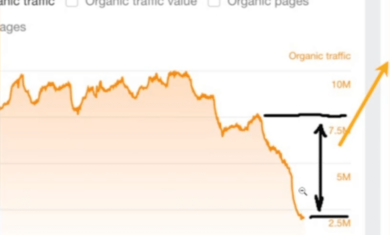I’ve heard this story a few times and I thought it was worth sharing.
Back in the 1700’s, leadership in Paris was trying to get people to be willing to eat more potatoes. Among other challenges, potatoes had once been thought to cause leprosy, so people weren’t wanting to eat them. Antoine-Augustin Parmentier had a tried a number of different techniques to raise their status, including giving bouquets of potato blossoms to the king and queen, but it was the “guards” that did the trick.
During the day, he’d have guards stand watch over the potato fields to make them seem more important. However, he’d withdraw the guards at night and people would sneak in to “steal” some potatoes for themselves. The potatoes seemed much more valuable, and it worked amazingly well.
Sauerkraut
A similar thing happened with Captain James Cook and his efforts to prevent scurvy on his ships. It was discovered that eating sauerkraut would help prevent scurvy (thanks to the vitamin C in it), but he was having trouble getting the men to eat it. Here’s the quick version of the story, as told by 42courses:
So how did he get his cantankerous crew to eat sauerkraut?
Well…for a while he served it only to his officers whilst making sure that they ate it in front of the crew. It wasn’t long before envy set in.
Then, one day, he said “Well, I suppose the men can have it one day a week.”
In one stroke, he had his whole crew eating the stuff, saving many lives and ensuring the success of his many overseas voyages.
Influencers
We see the same kind of thing today with influencers. While we like to think that logic and clear heads will make the right choices, it’s certainly not always true. Having others lead the way can make things more appealing. It’s long been said that consumers purchase products based on emotion and later use facts to try to justify the purchase, and these stories show that this kind of behavior has been happening for hundreds of years.




